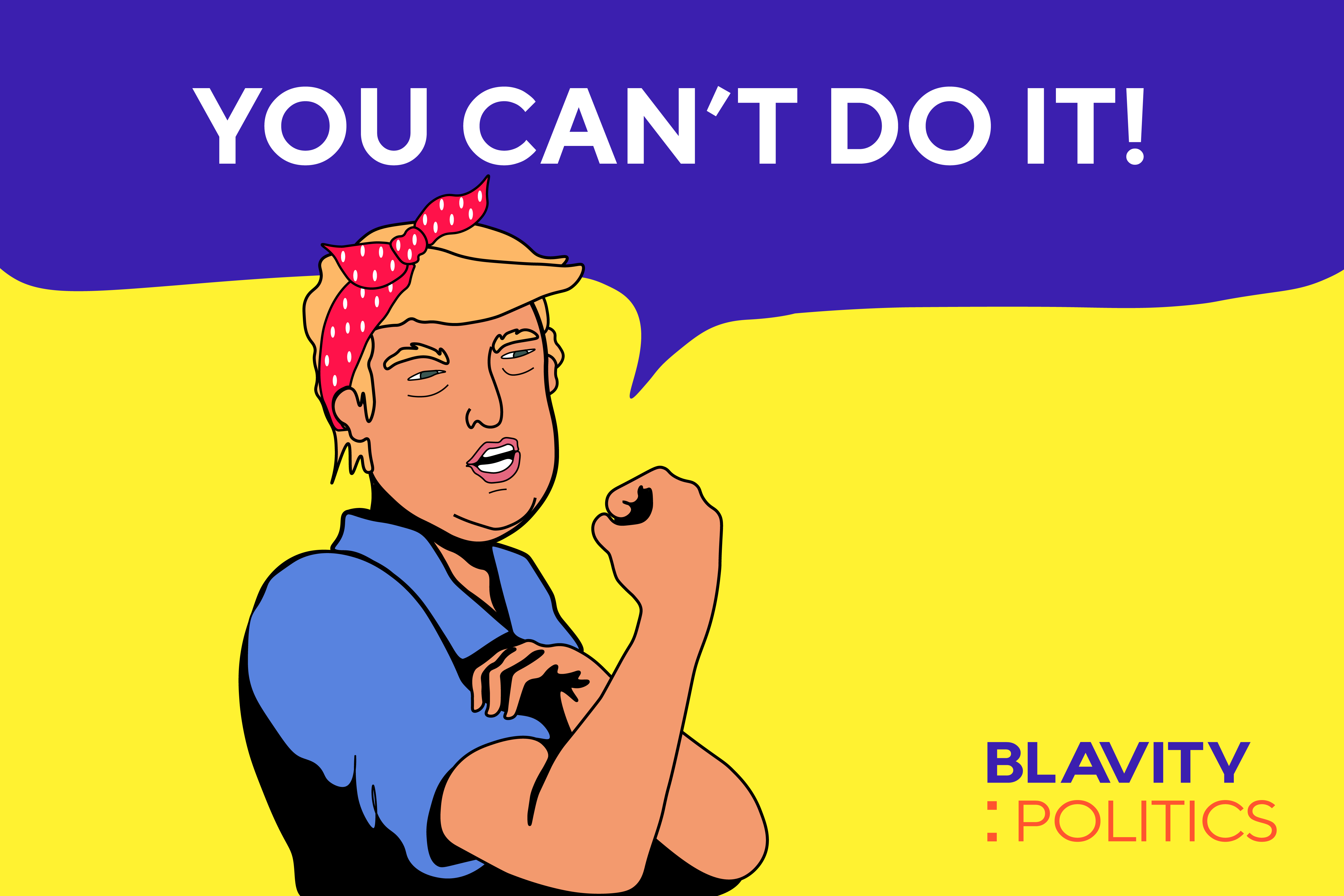The six women running for president in 2020 have a tough road ahead of them. Most Americans can easily name some of their male counterparts due to heavier media coverage and focus. Mainstream media must do a better job in balanced coverage to ensure equality among the women and men of 2020.
According to research by Northeastern University’s School of Journalism, the women running for president are consistently described more negatively than their male counterparts. This reflects a major problem going into 2020.
No one expects these women to receive special treatment. But if they are only portrayed in one frame, how can voters expect to receive accurate information?
Here are some other ways sexism is impacting the 2020 race so far.
Biased Questioning:
The six women candidates are Rep. Tulsi Gabbard (D-HI), Senators Kirsten Gillibrand (D-NY), Kamala Harris (D-CA), Amy Klobuchar (D-MN), Elizabeth Warren (D-MA), and author Marianne Williamson.
On the campaign trail, each is routinely subject to questions about reproductive justice, sexism, and the #MeToo movement. It’s great to learn their policy stances on each of these, but addressing these issues is important for everyone, not just women.
In fact, it’s critical for audiences to hear from male candidates about how they plan to address gender equality. This is why a coalition of 22 women’s and racial justice organizations wrote a letter calling for journalists to ask both male and women candidates these questions.
The media has the responsibility to inform voters. Journalists should be asking all candidates about reproductive rights and justice, maternal health or mortality, combating sexism and addressing and eradicating sexual violence.https://t.co/BUSC7Z8O9e
— EMILY's List (@emilyslist) May 16, 2019
Constant Undermining, Underestimating:
Each time a woman has announced her candidacy, it’s followed by questions about her “electability.” In other words, people want to know if anyone will actually vote for her — a box male candidates are not nearly as placed in.
The irony about this is many of these women have never lost an election. Questioning women on their electability means some are having a hard time believing anyone who is not white and male could be president.
It’s worth reminding them Americans did vote for a woman for President once before, as Hillary Clinton received almost three million more votes than Donald Trump and won the popular vote — despite losing the Electoral College.
Sen. Kamala Harris is taking on the idea of "electability" on the 2020 campaign trail – a concept other females candidates have had to navigate as they seek higher office. https://t.co/hqmZbW5vgw
pic.twitter.com/j2fVfmAmIY— ABC News (@ABC) May 8, 2019
Misogynoir and Anti-Blackness:
As the only black woman in the race, Sen. Kamala Harris has the unique experience of facing both sexism and anti-black racism. According to recent polls, Harris has been tied with Sen. Elizabeth Warren at six percent — coming in behind former Vice President Joe Biden, who is polling at 29 percent.
Some Democrats seem to have already written off Harris’ candidacy, rather choosing to frame her as their choice for Biden’s running mate. Recently, Harris had to put a stop to that, reminding voters she was running for the top job, not second place.
Meanwhile, earlier this month at MoveOn’s Big Ideas forum, a white male animal rights activist jumped on stage and interrupted Harris while she was speaking — and physically ripped the microphone from Harris’s hands — so he could call attention to big agriculture and animal abuse. Moments before, Harris addressed the wage gap between men and women.
While Harris sat there quietly until the protestor was removed, it served as a reminder of the ways her identity and experience, set her apart from the other women in the race.
I think Black women have mastered masking their terror because there’s no space for Black women to exhibit fear. https://t.co/irv8M110ri
— Rev. Decatúr (@dstarwriter59) June 2, 2019
But, progress is on the horizon.
The first Democratic primary debates are scheduled for this summer and advocacy groups are insistent on a diverse set of moderators. Among the groups is Color of Change, EMILY’s List, National Organization of Women and Not Without Black Women.
They have put forth a demand for media outlets reporting on the primaries to ensure 50 percent of all their debate and Town Hall moderators are women and people of color. They have also insisted these outlets ask male candidates about sexism, abortion access, and maternal health and mortality.
The six women in this race are diverse and highly qualified. The American public will never know if they don’t get a fair shot.
